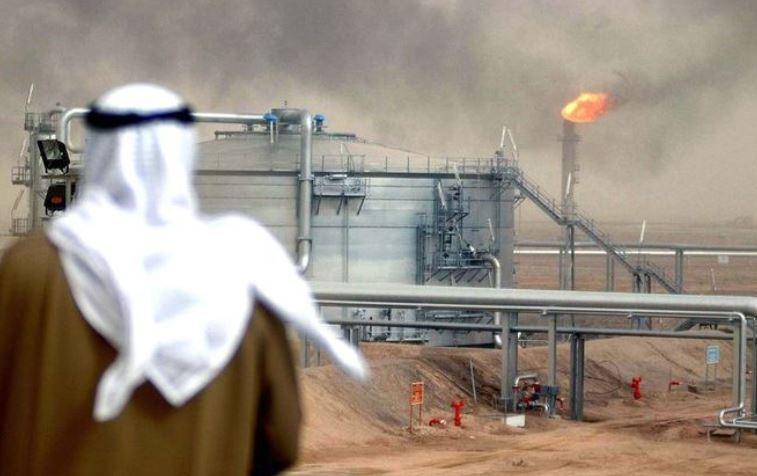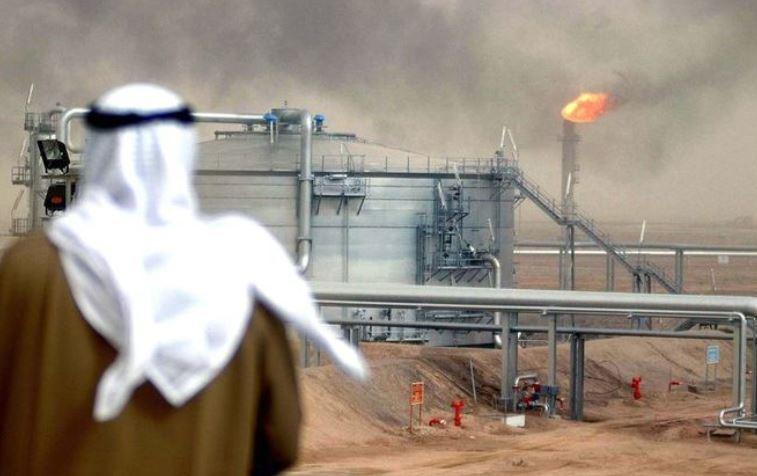Update: Saudi Arabian Energy Minister Khalid al-Falih has once again articulated concerns about a potentially oversupplied global oil market (concerns that are, of course, directed at the US shale industry), echoing comments he made last month about the dangers of a “potentially oversupplied” market. He also hinted that the recent runup in oil prices is more of a reflection of the market’s anxieties about impending US sanctions on Iran than it is a measure of physical oil flows.
Rumors that Saudi Arabia might raise oil production spread across financial media last week, prompting representatives of the Kingdom to eventually step in and confirm that the Kingdom planned to ramp up production to try and compensate for the expected hole in global supply left by Iranian exports once US sanctions are reimposed. And as it turns out, Saudi may not be the only major exporter preparing to ramp up production.

With oil prices reaching ever-greater highs this week, angering President Trump, who again lashed out at Saudi Arabia during a rally Tuesday night (he reminded the kingdom that it wouldn’t last two weeks without US protection), crude dropped from the highs following reports that Saudi Arabia and Russia had told the US earlier this year that they had planned to boost production through December. What’s more, they had reportedly informed the US of their plans before the OPEC+ meeting in Algiers.
The news prompted crude oil future to slide off the highs.














Leave A Comment